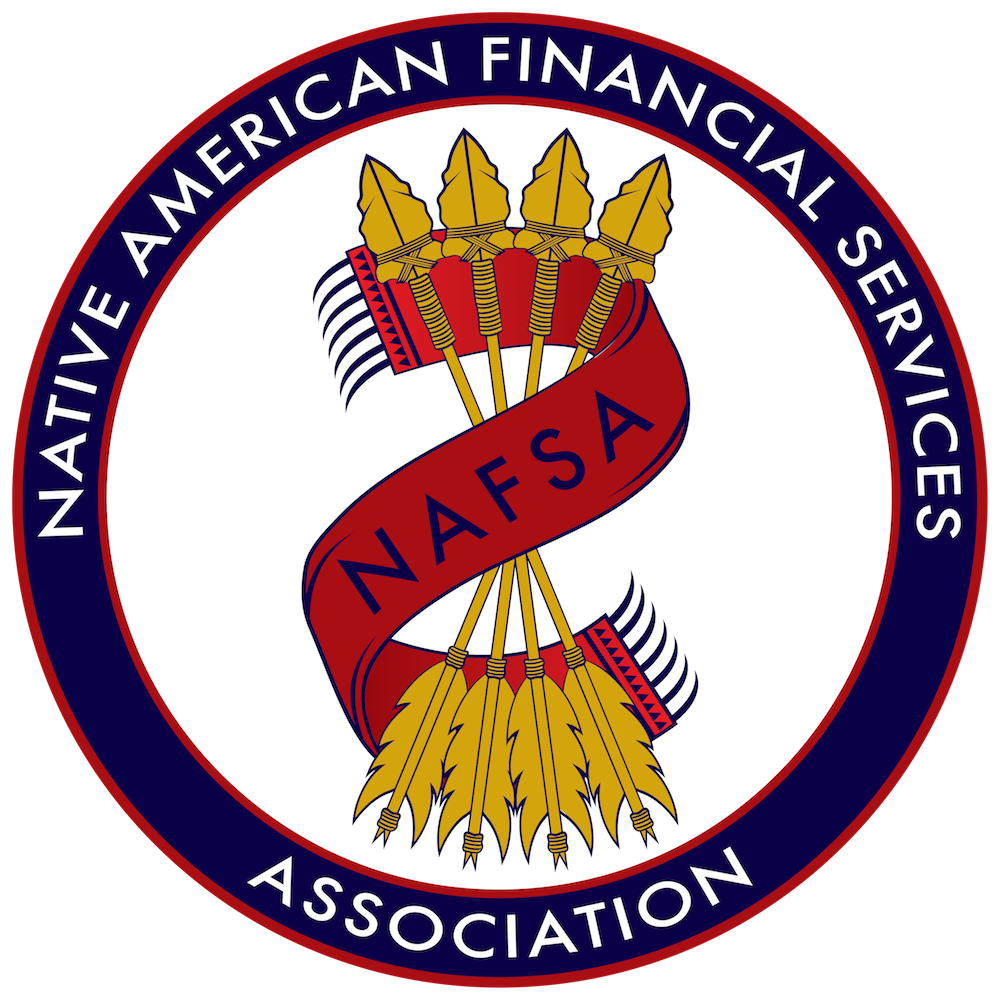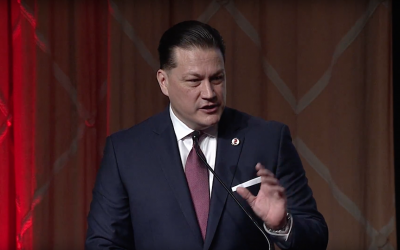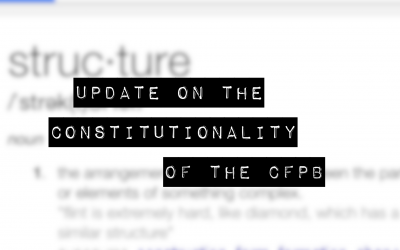The Latest Financial News
New Bill in Senate Could Establish CFPB Inspector General
Senator Rob Portman (R- OH) introduced new legislation on March 15th intended to improve transparency and accountability at the Consumer Financial Protection Bureau (CFPB) by establishing an Inspector General at the independent federal agency. The new CFPB Inspector...
NAFSA Highlights Tribal Sovereignty, Online Lending as Presenting Sponsor of National RES
NAFSA Brings Indian Country’s Online Lenders to Major Economic Development Event LAS VEGAS – Native American Financial Services Association (NAFSA) hosted its first Financial Services Expo on March 14th and 15th, 2017 with tribal and industry leaders, legal...
Update on the Constitutionality of the CFPB: PHH v. CFPB
The constitutionality of the structure of the Consumer Financial Protection Bureau’s (CFPB) authority continues to be debated in Congress and federal courts. Back in October 2016, the federal circuit court in Washington, D.C. found that the single director management...
Why NAFSA?
There are more than 570 federally-recognized tribes in the United States, many of whom are spread across in diverse areas. This has left a need for other tribal economic development opportunities to create sustainability and jobs on Native American reservations.
Tribal Financial Services:
![]() Create jobs & economic development on tribal lands
Create jobs & economic development on tribal lands
![]() Increase the financial independence of tribes
Increase the financial independence of tribes
![]() Deploy sovereignty & bolster tribal self-determination
Deploy sovereignty & bolster tribal self-determination

The Impact of Tribal Financial Services
Coming from a history of staggering unemployment rates, limited opportunities, and lack of access to fundamental resources, Native American tribes began online lending businesses to create real change for the future. Internet commerce has been a vehicle for supporting economic growth, tribal services, and tribal development. These are their stories.
Our Mission
To advocate for tribal sovereignty, promote responsible financial services, and provide better economic opportunity in Indian Country for the benefit of tribal communities.




